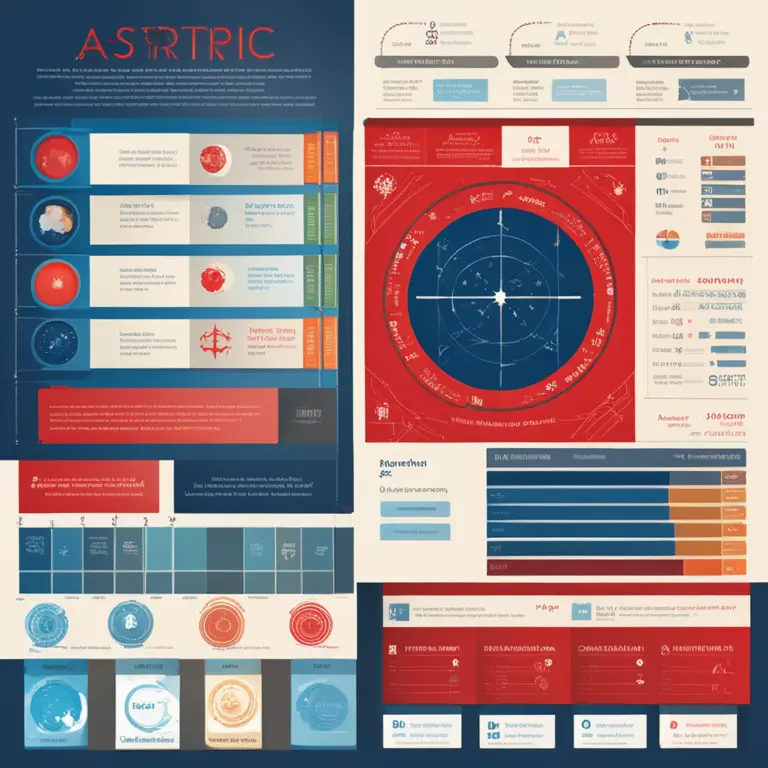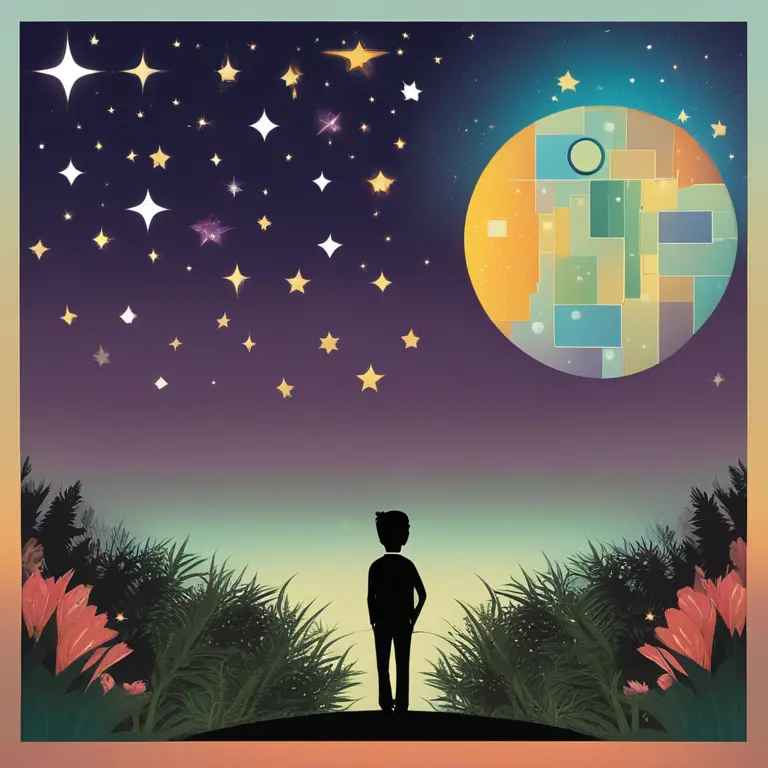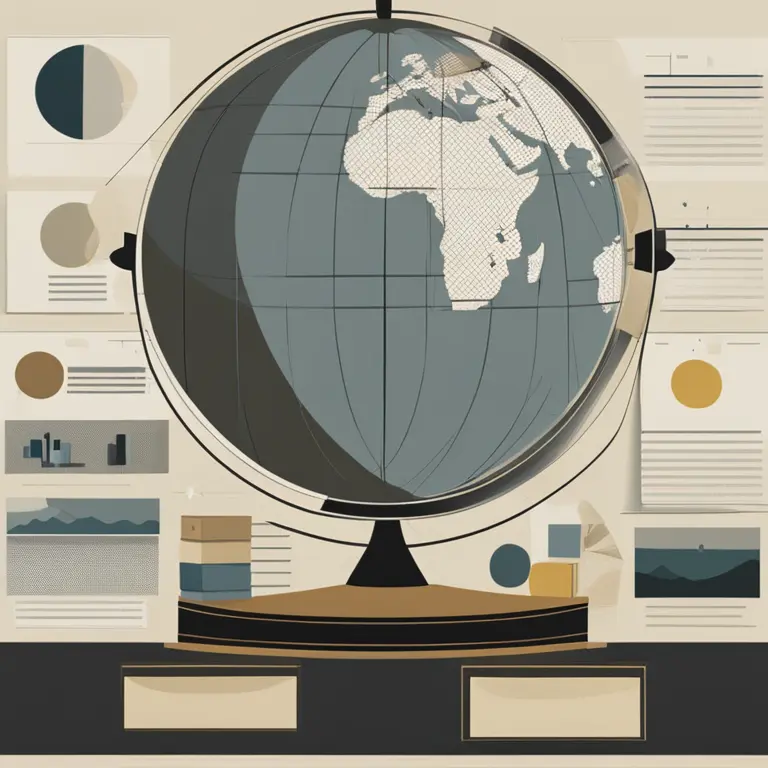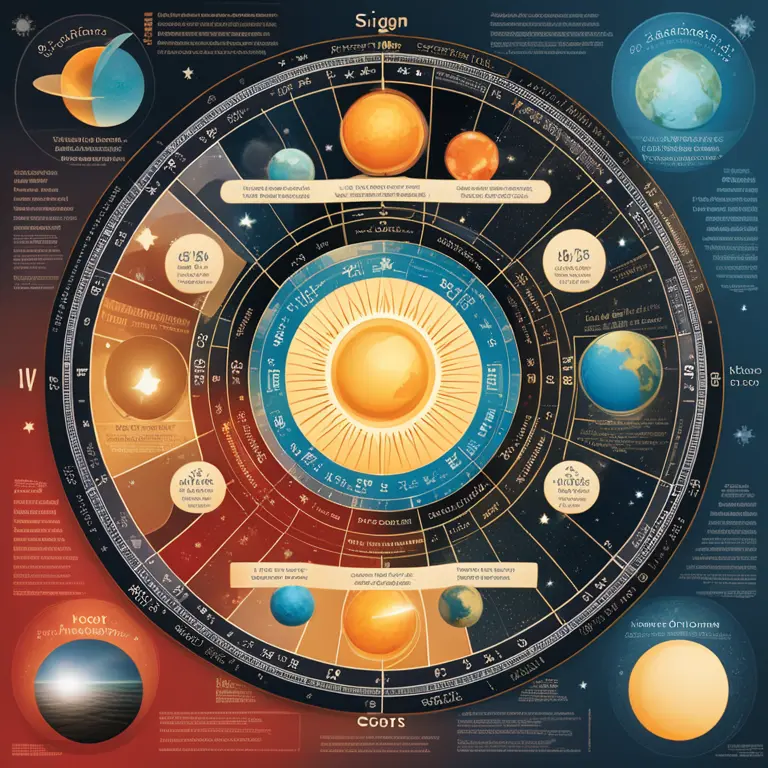
The Science Behind Zodiac Compatibility
Discover the scientific perspective on zodiac compatibility and learn how astrology might intersect with relationship dynamics.
article by Sofia Ferguson
Introduction to Zodiac Compatibility
Astrology has long fascinated individuals seeking insight into their personal relationships, and one of its most popular applications is in the realm of love and compatibility. Zodiac compatibility, the concept that the positions of the stars and planets at the time of your birth can influence your romantic connections, is a staple topic in astrology. As we venture further into 2024 and beyond, it's worth examining what science has to say about this millennia-old practice. In this article, we'll delve into how contemporary research and scientific skepticism intersect with astrological traditions in the context of romantic compatibility.

What Is Astrological Compatibility?
Astrological compatibility, often referred to as "synastry," proposes that by comparing two individuals' astrological charts, one can ascertain the potential strengths and challenges within a relationship. Practitioners analyze various elements such as sun signs, moon signs, and planetary aspects to predict relationship outcomes. Proponents argue that specific signs have more harmonious interactions, while others may lead to conflict. However, it's crucial to recognize that astrology is not a science but a belief system, with principles that rely largely on interpretive and anecdotal evidence.

Scientific Perspectives on Compatibility
From a scientific standpoint, the validity of using astrology for predicting compatibility is widely contested. Psychology and sociology suggest that compatibility is complex and influenced by a myriad of individual, interpersonal, and contextual factors. To illustrate, studies have emphasized the importance of shared values, effective communication, and emotional intimacy in relationships. Researchers endeavor to quantify these attributes, often through personality assessments and relational questionnaires, rather than relying on the alignment of celestial bodies.

The Placebo Effect and Belief
Despite the lack of empirical support for zodiac compatibility, many report positive experiences and insights drawn from astrological readings, which some scientists attribute to the placebo effect. If individuals believe that an astrological interpretation is meaningful, they may act in ways that confirm their expectations, inadvertently reinforcing the accuracy of their horoscopes. This self-fulfilling prophecy can impact relationship perceptions and behavior, showcasing the influential power of belief in human psychology.

Astrology in Modern Culture
Astrology's popularity continues to thrive, with a significant presence in digital media and online discourse. People turn to astrology for various reasons, including entertainment, self-exploration, and finding a sense of community. While it remains outside the realm of scientific validation, its pervasive role in culture speaks to a broader human desire to make sense of life's uncertainties and complexities, especially in matters of the heart.
Final Thoughts
While zodiac compatibility might not stand up to scientific scrutiny, many find value in the reflective process it prompts. Whether or not the stars can truly guide us to our perfect match, approaching relationships with curiosity and an openness to understanding ourselves and our partners is undoubtedly beneficial. As we navigate the terrains of love and connection, science and astrology both offer unique perspectives, reminding us that the mysteries of human relationships remain a compelling exploration for many.
Published: 2/6/2024
Modified: 2/6/2024
More predictions
Come back here soon to learn more about yourself and your future


The Synergy of Numerology and Astrology
Discover the blended insights of numerology within the astrological realm and how numbers reflect on zodiacal understanding.


Your Name in Numbers: The Art of Numerology
Discover the mystic connection between your name and life's path through the ancient practice of numerology in this insightful article.